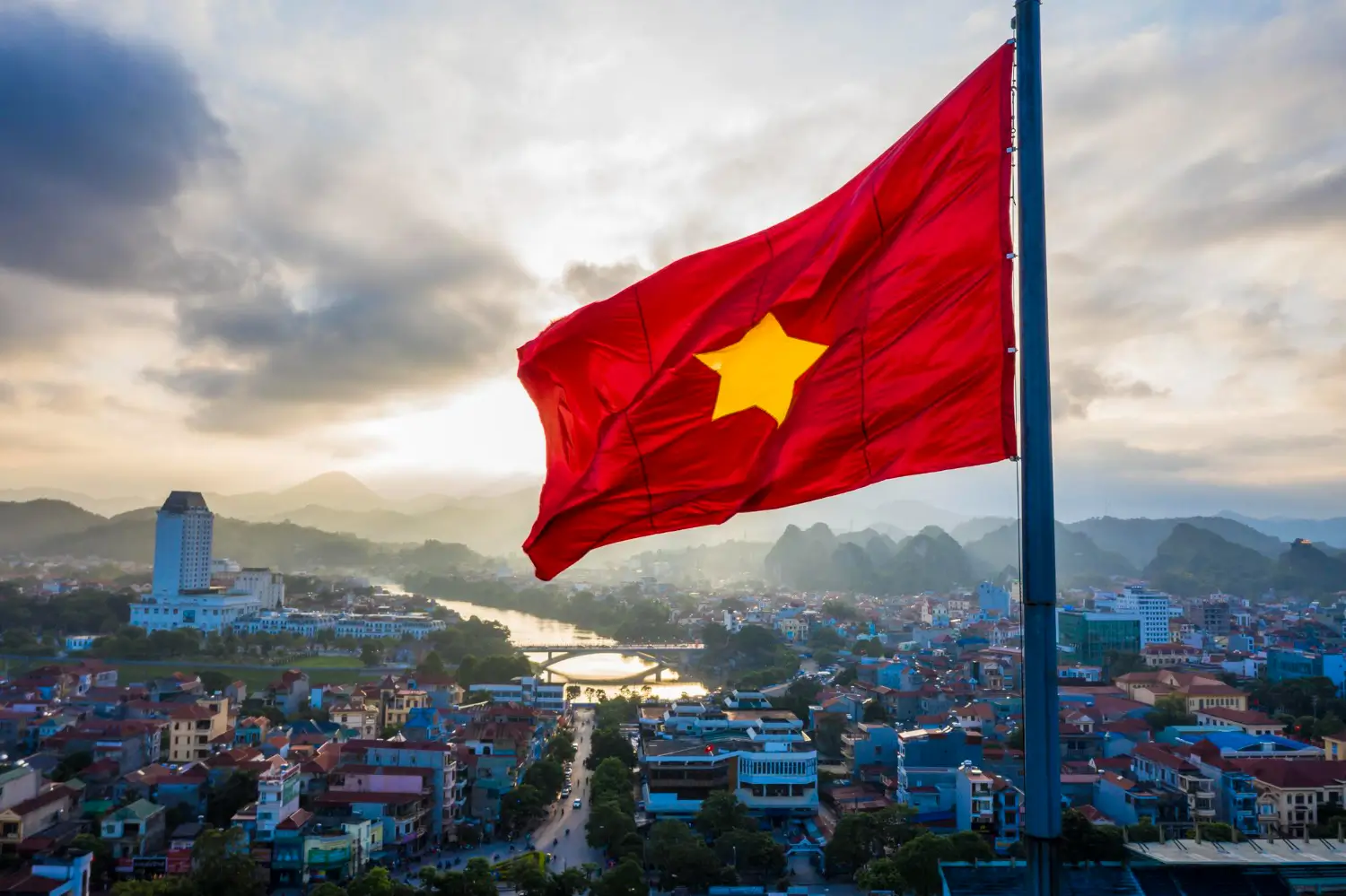Vietnam’s stance on cannabis is of particular interest. As countries worldwide reconsider their cannabis laws, understanding the legal status of cannabis in Vietnam is crucial. This article delves into the current legal framework governing cannabis in the country, offering a comprehensive overview of its legal status, historical background, and potential future developments in Vietnamese cannabis legislation.
Key Takeaways
- Cannabis, including for medical purposes, is strictly illegal in Vietnam.
- Penalties for cannabis-related offenses are severe, but enforcement may vary, particularly for tourists.
- CBD oil derived from industrial hemp (with less than 0.3% THC) is legal in Vietnam.
Historical Overview of Cannabis Regulation in Vietnam
Cannabis’s introduction to Southeast Asia, including Vietnam, dates back to the 16th century. Initially used in traditional medicine and cuisine, its legal status significantly shifted in the late 1960s. The Vietnamese government, collaborating with the U.S., initiated aggressive anti-cannabis measures during the Vietnam War. This included the aerial eradication of cannabis crops.
Since the 1970s, Vietnam has adopted a zero-tolerance policy towards cannabis, categorizing it alongside highly dangerous narcotics like heroin and cocaine. This stringent approach reflects the cultural and social attitudes of the era, heavily influenced by global drug control policies.
Medical Cannabis in Vietnam: Legal Provisions and Accessibility
Vietnam’s stance on medical cannabis is unequivocally prohibitive. The country lacks any legal framework or programs for medical cannabis use. All parts of the cannabis plant are classified as narcotics, equating them with drugs like heroin and cocaine. However, an exception exists for CBD oil derived from industrial hemp, which must contain less than 0.3% THC. Despite historical evidence of cannabis in traditional Vietnamese medicine, the current legal system offers no legal pathway for accessing medical cannabis.
Current Legal Status of Recreational Marijuana in Vietnam
Vietnam maintains a strict prohibition on recreational cannabis. The law categorizes marijuana as a narcotic, subjecting it to the same legal treatment as heroin and cocaine. Penalties for possession, use, or trafficking are severe. However, anecdotal evidence suggests that enforcement may be more lenient towards tourists, often resulting in fines rather than more severe penalties. Despite this, the legal landscape remains rigid, with no signs of decriminalization or legalization of recreational cannabis on the horizon.
Possession, Cultivation, and Consumption: What’s Allowed in Vietnam?
Vietnam’s laws strictly prohibit the possession, cultivation, and consumption of cannabis. Violating these laws can lead to harsh penalties, including imprisonment. There are no legal allowances for personal cannabis cultivation or purchase within the country. The legal framework views cannabis-related activities as major offenses, indicative of Vietnam’s stringent stance on drugs.
What Future for Cannabis Legislation in Vietnam?
The future trajectory of cannabis legislation in Vietnam is currently unclear. No active discussions or movements are indicating a shift towards legalizing or decriminalizing cannabis. Given the country’s firm stance against drugs and the absence of a medical cannabis framework, significant changes in cannabis legislation seem unlikely in the near term. However, as global attitudes towards cannabis continue to shift, there may be potential for future policy revisions in Vietnam.
To Sum Up
Is Marijuana legal in Vietnam? The straightforward answer is no. Both recreational and medical cannabis are illegal in Vietnam, with the country enforcing stringent laws and severe penalties for related offenses. While enforcement might vary, especially for tourists, the legal risks associated with cannabis in Vietnam are substantial. As the global context of cannabis laws evolves, it remains to be seen how Vietnam will adapt. For the time being, cannabis remains strictly prohibited in Vietnam.









